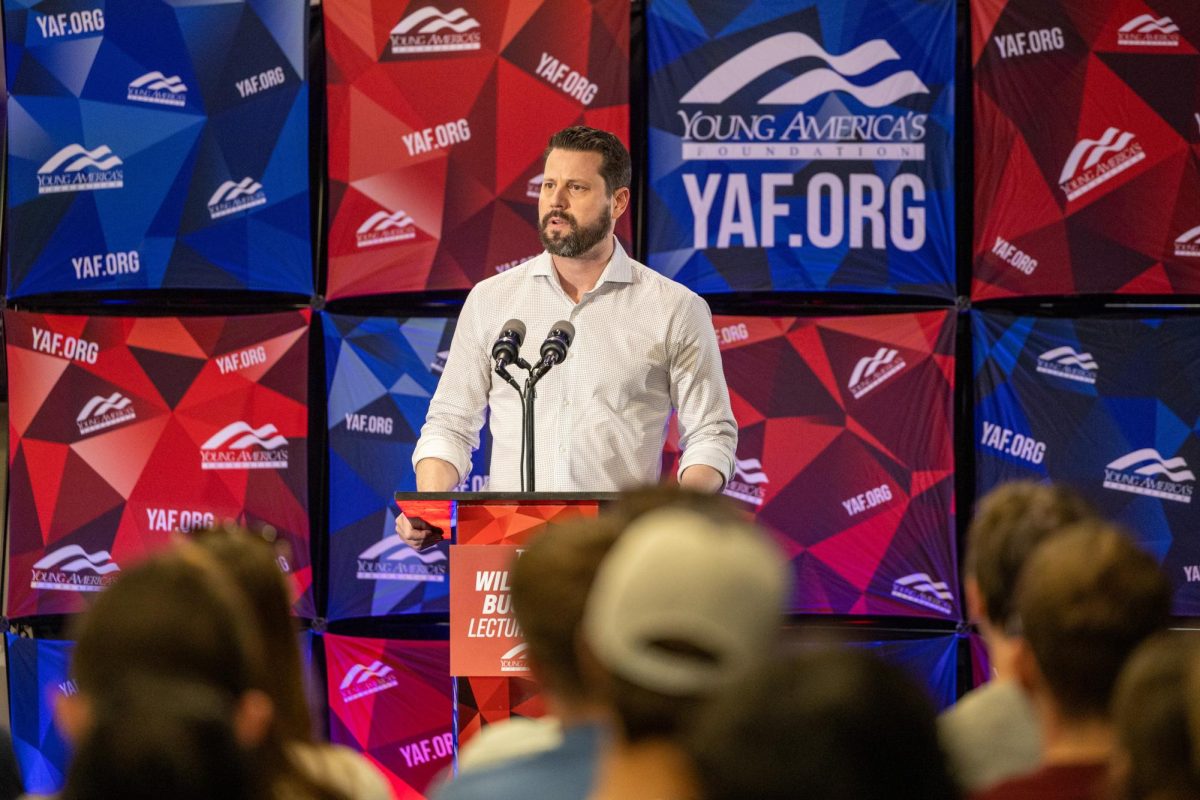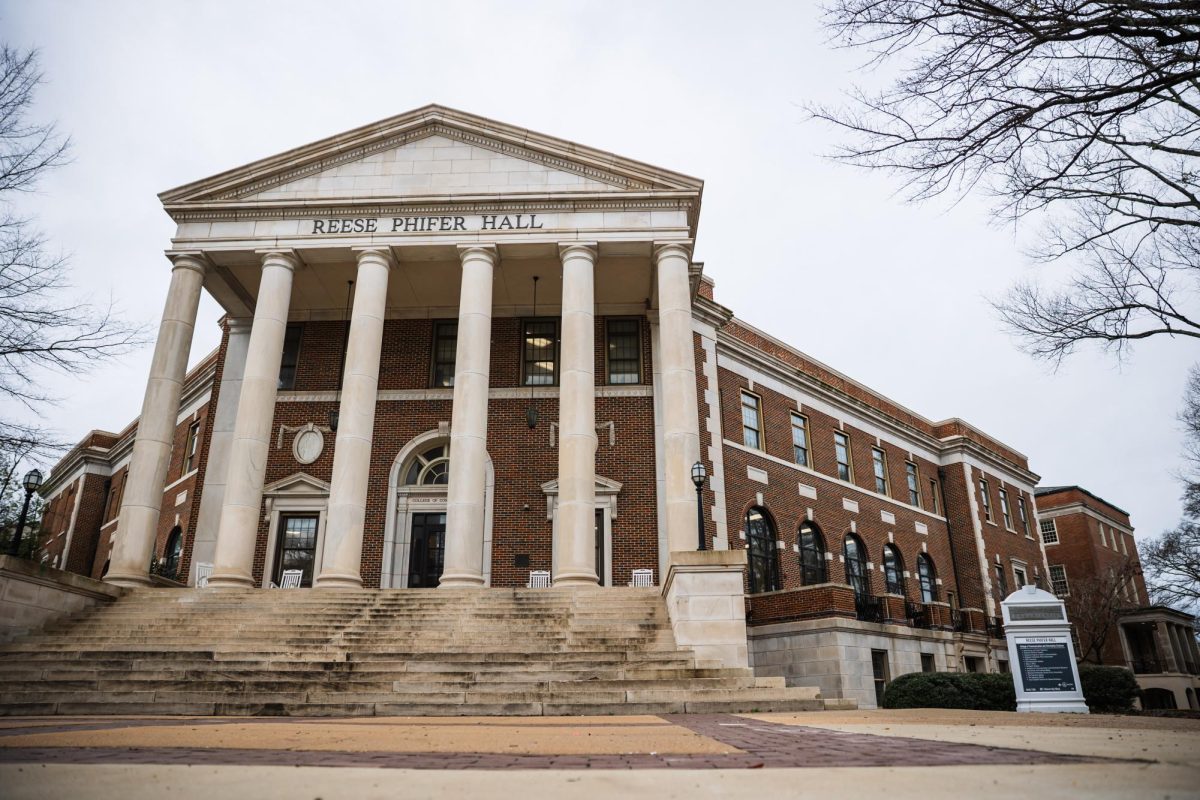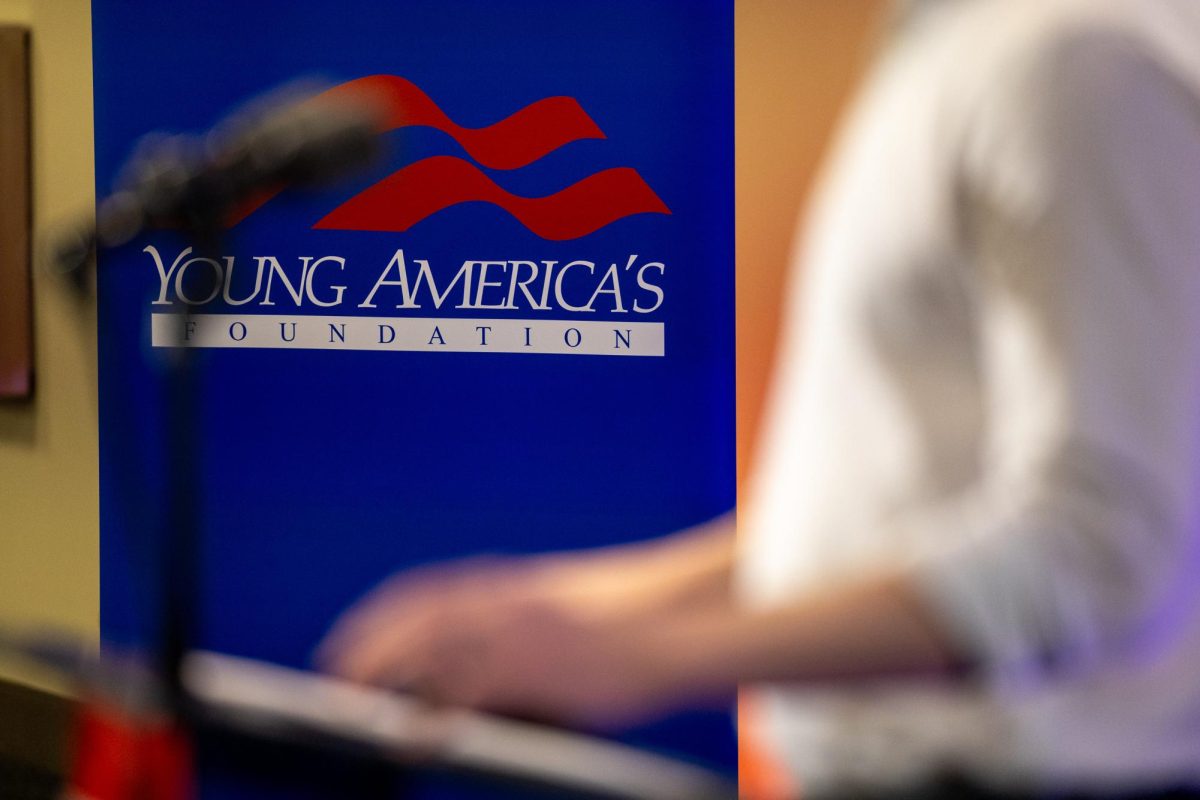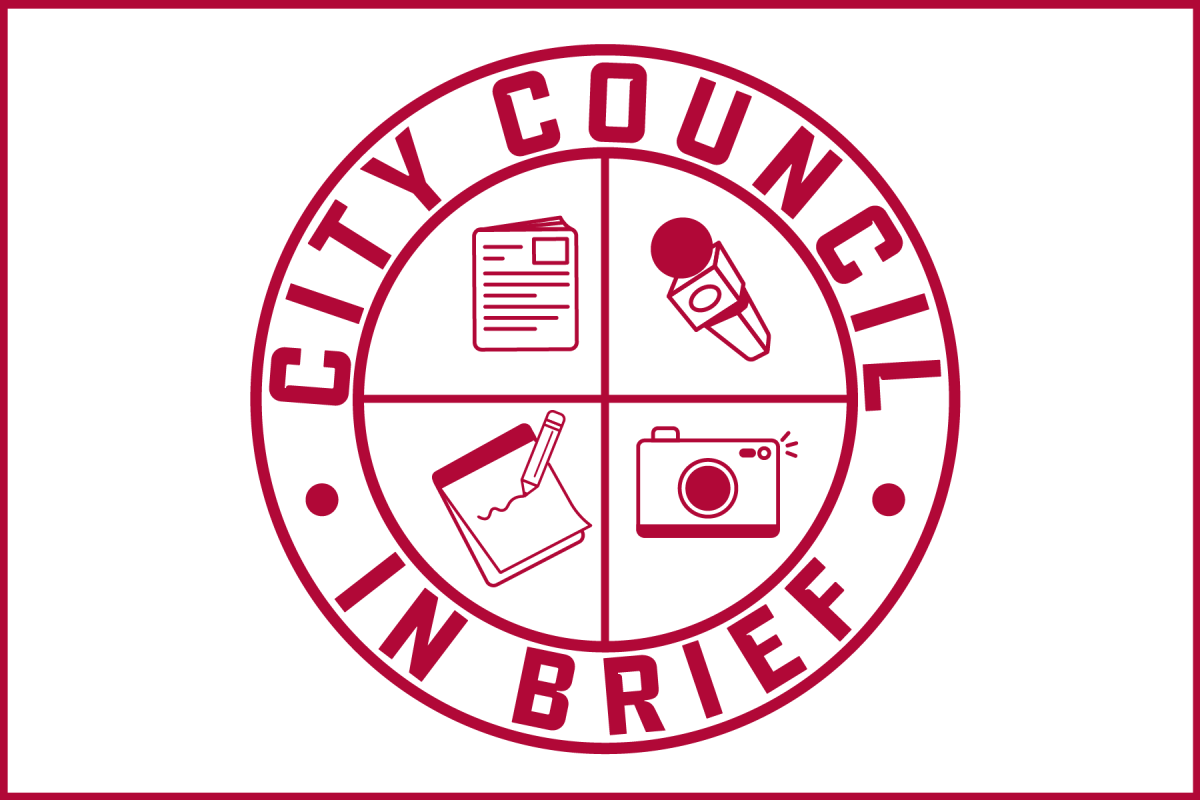The University of Alabama has organized its first Ethics Bowl team, hoping to make a play for the national championship in the spring.
Seth Bordner, a new faculty member and the Ethics Bowl coach, realized upon arriving from the University of North Carolina that UA has many gifted students and could have a successful team.
According to Bordner, Ethics Bowl competitions are much like formal debates, with a few distinct differences. The debate is between teams, rather than individuals, and teams know the topics but not what questions they will be discussing.
“In September, a set of 15 cases is distributed to all teams,” Bordner said. “The teams then have about two months to prepare to discuss each case, not knowing in advance which cases will come up, what questions might be asked, or whether they’ll be presenting or rebutting on a given case.
“I’m working with around 25 students to help them prepare for the regional competition,” he said. “I was really overwhelmed by the amount of interest.”
Bordner said he hopes to take two teams to the regional competition in November – if either team places in the top three, they will earn a spot at the national competition.
While the pressure of arguing an ethical or philosophical question with little preparation time might seem daunting to some, it is the very reason senior Trevor Gant joined the team.
“I wanted the experience of arguing philosophical issues in a more competitive environment than one would find in a classroom setting,” Gant said. “I’m hoping this will enhance my ability to think about philosophical issues carefully and rationally in high pressure situations.”
The case dilemmas up for debate include freedom to burn the Qur’an, puppy mills, attractiveness discrimination in hiring and homeschooling.
“The thing that attracts me to debating philosophy is the different premises and views of the cases chosen to be discussed,” said Kayci Dennis, a sophomore majoring in philosophy who has joined a team. “By bringing philosophical and ethical views into a debate of common cases around the world, we are able to approach the matter from a different perspective.”
Bordner said Ethics Bowls are unique because of the organic nature of the competition. He said teams aren’t judged on the basis of their style or eloquence, but the quality of their ideas.
“There are no points awarded for style,” Bordner said. “Teams are judged by the quality of their argument. This isn’t a political debate where teams trade one-liners. There is no requirement that you take a position different than your opponents. You’ll often see two teams come to the same conclusion on a case, but for very different reasons.”
For Dennis, the exchange of ideas is more important than winning an argument.
“We do not necessarily have to agree nor disagree with any case given, but simply analyze the cases,” Dennis said. “Hearing the different viewpoints from people just like you is very interesting and it gives you a chance to engage with one another, broaden your mind and see things from different perspectives.”








